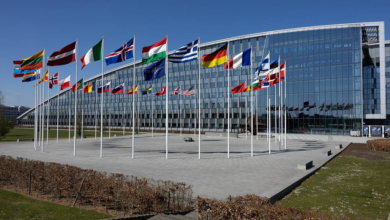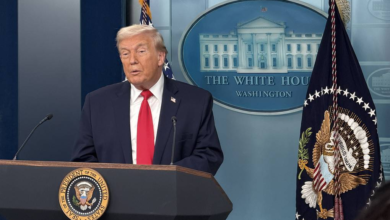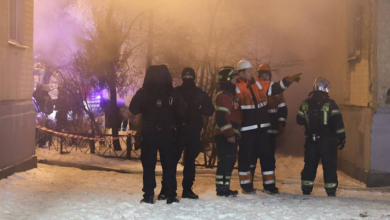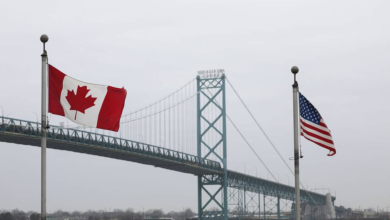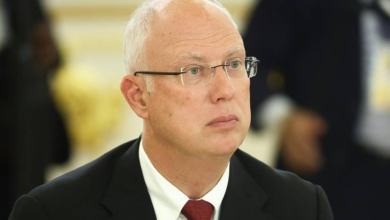Palestine: A Struggle for Dignity and Justice

Naira Manzoor – The Times of Russia
The Israel-Palestine conflict is one of the most enduring and complex geopolitical issues of our time. At its heart, this struggle is about the aspirations of the Palestinian people for self-determination, justice, and dignity in the face of decades of displacement, occupation, and adversity.
To understand the present situation, it’s essential to understand the history of the region. The land known as Palestine has been a flashpoint for conflict since the early 20th century. After the fall of the Ottoman Empire in World War I, the League of Nations entrusted Britain with the mandate over Palestine. The 1917 Balfour Declaration, which supported the establishment of a “national home for the Jewish people” in Palestine, set the stage for future conflicts between Jewish and Arab communities.
In 1947, the United Nations proposed a partition plan to create separate Jewish and Arab states. Jewish leaders accepted the plan, but Arab leaders rejected it, leading to the 1948 Arab-Israeli War following the declaration of the State of Israel. By the war’s end, Israel controlled much of the territory initially allocated for the Arab state, causing the displacement of hundreds of thousands of Palestinians, an event remembered as the Nakba, or catastrophe.
Today, the Palestinian territories are divided into the West Bank and the Gaza Strip. The West Bank, bordered by Israel and Jordan, is a patchwork of Palestinian towns, Israeli settlements, and military zones. Despite the Oslo Accords of the 1990s, which aimed to establish a framework for peace and granted the Palestinian Authority limited self-governance in parts of the West Bank, Israeli settlements have continued to expand, complicating the peace process.
The Gaza Strip, a small but densely populated area bordered by Israel and Egypt, has faced even harsher conditions. Since 2007, when Hamas, an Islamist political and militant group, took control, Gaza has been under a blockade imposed by Israel and Egypt. This blockade has severely restricted the movement of people and goods, leading to a dire humanitarian crisis.

Recent events have brought renewed attention to the plight of Palestinians. In April 2021, during the holy month of Ramadan, clashes erupted at the Al Aqsa Mosque in Jerusalem, one of the most sacred sites in Islam. The heavy-handed response by Israeli police, including the use of rubber bullets and stun grenades against worshippers, was widely condemned and sparked a wider conflict.
The violence at Al Aqsa was a prelude to a significant escalation between Israel and Hamas. Hamas fired rockets into Israel, which responded with intense airstrikes on Gaza. The conflict resulted in extensive casualties and destruction, with Palestinian civilians bearing the brunt of the devastation.
Adding to the tension were the planned evictions of Palestinian families from the Sheikh Jarrah neighborhood in East Jerusalem. These evictions, based on claims by Jewish settler organizations that the land was owned by Jews before 1948, are seen by many as part of a broader strategy to increase Jewish presence in East Jerusalem, undermining Palestinian claims to the city as the capital of a future Palestinian state.
Standing for Palestine means acknowledging these profound historical grievances and the ongoing human rights issues that Palestinians face. It also means recognizing their right to live in dignity and security, free from occupation and violence. The division of Palestinian territories, the humanitarian crises in the West Bank and Gaza, and incidents like those at Al Aqsa Mosque and Sheikh Jarrah highlight the urgent need for a just and lasting resolution to this conflict. This resolution must address the rights and aspirations of the Palestinian people, ensuring they can live in peace and security alongside their neighbors. The world must listen to their voices and support their struggle for justice and self-determination. Only then can we hope to see a future where Palestinians and Israelis live in peace and mutual respect.

